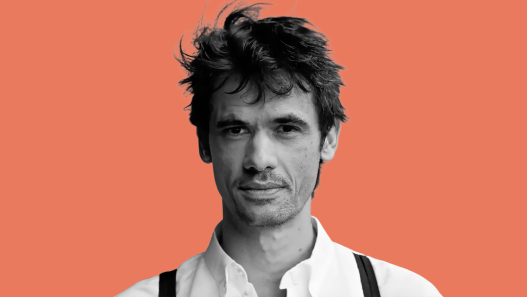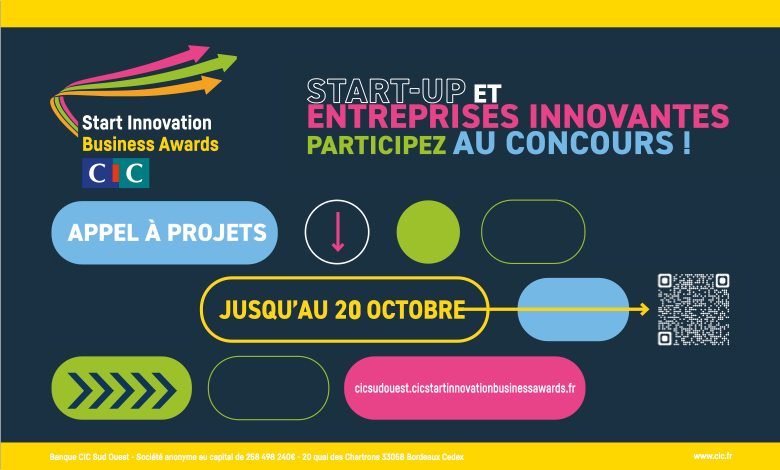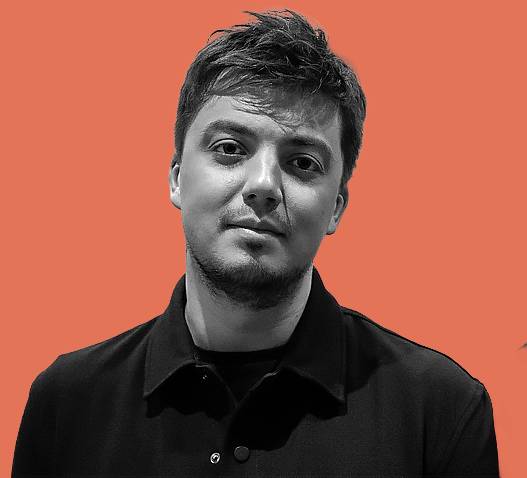The marriage of silicon with III-V semiconductors is changing the game in the race toward optical miniaturization. Indium phosphide (InP)–based components deliver top-notch performance for generating and detecting light signals, while silicon ensures unmatched manufacturing precision and cost efficiency. The challenge lies in uniting these two materials, with their vastly different chemical and mechanical properties, onto a single chip.
Industry players are exploring multiple approaches to overcome this technological hurdle. Some integrate III-V chips via direct bonding, while others experiment with epitaxy or ultra-thin layer transfers. The goal remains the same: combine the advantages of each material without complicating or driving up production costs. The potential benefits are striking: silicon-based lasers, ultra-fast modulators, and highly sensitive photodetectors. Applications range from optical telecommunications to artificial intelligence, healthcare, and automotive LiDAR.
This heterogeneous integration paves the way for more compact, energy-efficient, and higher-performance photonic circuits. In data centers, integrated optics could drastically reduce electricity consumption for data transmission. On manufacturing lines, it would simplify the design of more precise optical sensors. Improved reliability and component density are likely to speed up the rollout of photonic chips that meet growing demands for bandwidth and processing speed.
PHOTON IP, a Dutch company specializing in this integration, has just raised €4.75 million from Innovation Industries, Faber, BOM, and PhotonDelta. The funding will be used to scale up production of its “Silicon + III-V” chips and strengthen its technical team, with the aim of driving photonics to new heights of performance.





















